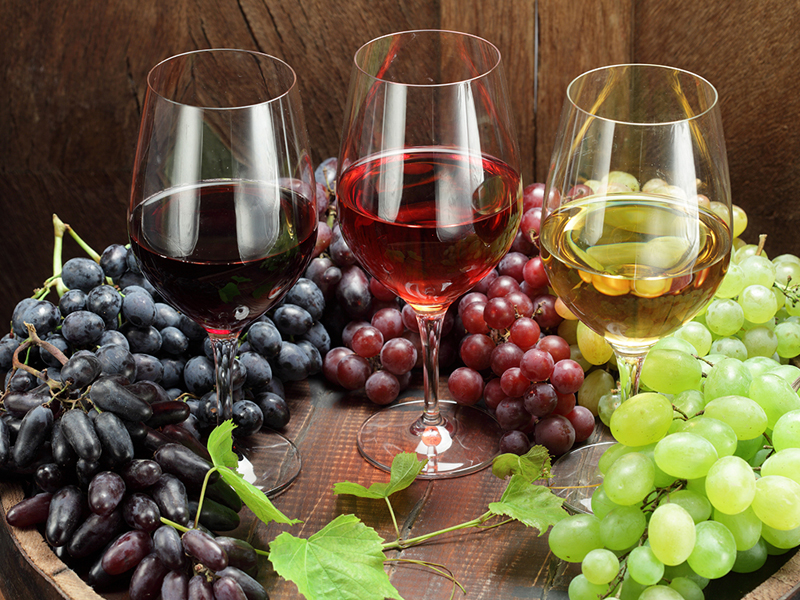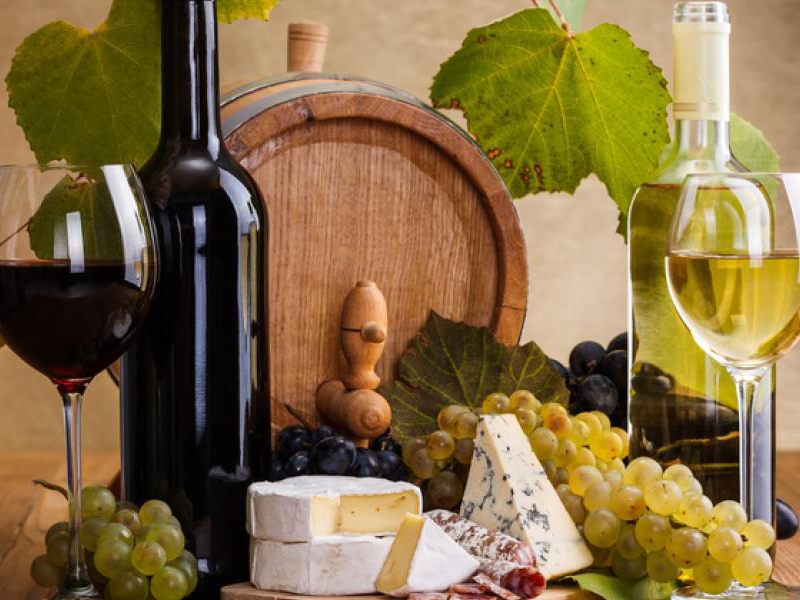For founder and CEO Jade Gray, Off-Piste Provisions’ plant-based jerky range isn’t just a tasty new snack, but potentially the pioneering product of a more sustainable and profitable sector for New Zealand. Continue →
The post IS THE PATH TO A PLANT-BASED FUTURE LINED WITH JERKY? appeared first on NZ Food Technology News.





